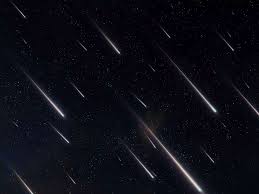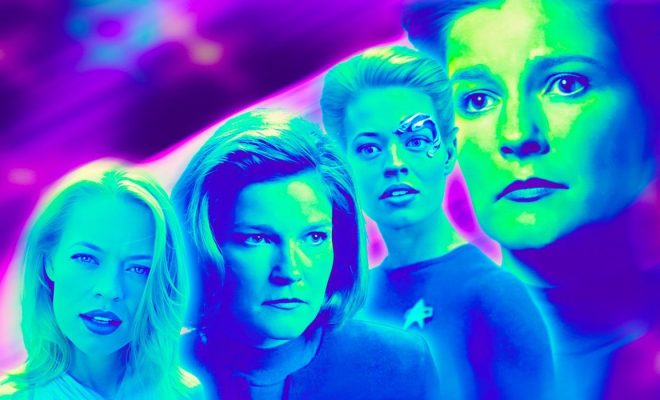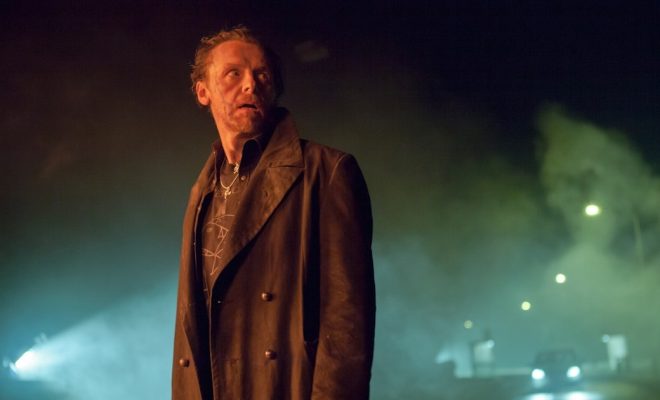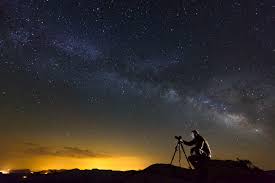A 72-Year-Old Movie Has One Of The Best Explanations For Time Travel
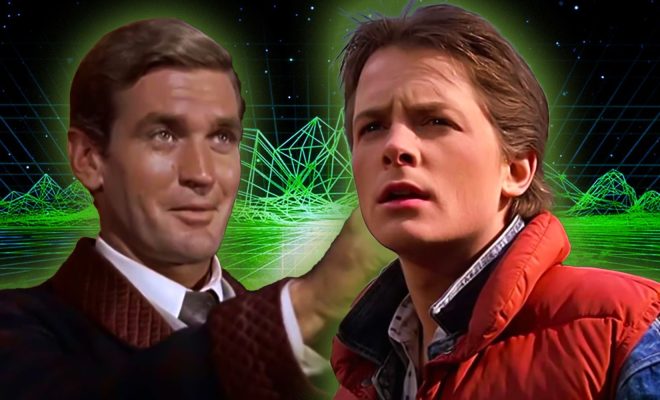
Science fiction and the concept of time travel have long been bedfellows, capturing the human imagination through literature, television, and, of course, cinema. Among the plethora of films that tackle the intricacies of time travel, there exists a 72-year-old cinematic treasure that arguably provides one of the most compelling explanations of this complex concept.
Crafted during a time when cinema was peaking in innovation and storytelling, this movie utilized a mix of smart writing, theoretical physics, and clever cinematography to demystify time travel for its audience. Instead of relying heavily on special effects as many modern portrayals do, it leaned into intellectual dialogue and practical effects that were way ahead of its time.
What made this movie’s approach to time travel so intriguing was its simplicity. The film didn’t just throw scientific jargon at the viewer but used relatable analogies to help them grasp the idea of moving through different periods. Characters in the film often engaged in profound discussions about the nature of time—questioning its linearity and pondering its flexibility in a way that bridged complex scientific theories with accessible everyday experiences.
The narrative itself served as a masterclass in plot structure, using time travel not merely as a gimmick but as a core element integral to character development and storyline. As the characters move through different eras, they experience personal growth and face moral dilemmas that are timeless in nature. This intertwining of human experience with the sci-fi element proved to be both thought-provoking and emotionally touching.
Despite being made over seven decades ago, it’s impressive how much this movie resonates with contemporary discussions surrounding quantum mechanics and wormholes. The scientific community has often remarked on how some films get it completely wrong when it comes to representing complex concepts such as these. However, this particular title stands out for its prescient take on subject matter that would become hotly debated topics many years later.
It is worth noting that while modern movies might benefit from CGI and higher production values when creating fantastical sci-fi worlds, there’s something to be said for the ingenuity required to express such visionary ideas without today’s technology. This classic film reminds us that at the heart of science fiction—and perhaps understanding complex theories like time travel—is not just about spectacle but about storytelling and human connection.
Even now, directors and screenwriters can learn from this approach. The best explanations for something as mind-bending as time travel come not from overwhelming audiences with techno-babble but from relating these concepts to universal human experiences. As we look back at this remarkable 72-year-old movie, we are reminded that sometimes depth of understanding transcends flashy visuals—even when exploring ideas that are truly out of this world.

